In the ever-evolving landscape of business, innovation is key to staying ahead of the competition. Today, artificial intelligence (AI) is no longer just a futuristic concept—it’s an integral part of daily business operations. Among the many branches of AI, Business AI stands out for its ability to automate complex processes, enhance creativity, and drive growth. One of the most transformative aspects of AI is generative AI, a technology that can create content, provide insights, and assist in decision-making. In this article, we will explore how Business AI, especially through generative models, is revolutionizing industries and shaping the future of businesses.
The Rise of Business AI
AI is a powerful tool that allows businesses to automate mundane tasks, streamline operations, and make data-driven decisions. With AI models such as natural language processing (NLP) and machine learning (ML), businesses can improve customer experiences, enhance marketing strategies, and even predict market trends. The future of business is undeniably tied to AI, and as we look ahead to 2024 and beyond, it’s clear that Business AI will be a central force in driving industry innovations.
Key Benefits of Business AI
- Automation of Repetitive Tasks: Business AI helps automate daily administrative tasks like scheduling, data entry, and even customer service, freeing up human workers for more complex duties.
- Improved Decision-Making: AI models analyze vast amounts of data to generate actionable insights, assisting leaders in making well-informed decisions quickly.
- Increased Efficiency: Automation tools and AI-powered software can dramatically increase the speed at which businesses operate, providing a competitive edge.
- Enhanced Customer Experience: With AI chatbots, personalized recommendations, and automated support, businesses can offer a seamless and responsive experience to their customers.
How Generative AI and Business Automation Tools are Shaping the Future
Artificial Intelligence (AI) has become a cornerstone of technological progress across industries. With continuous AI innovation, businesses are not only transforming internal processes but also redefining market standards. Technologies such as generative models are driving unprecedented levels of creativity and operational efficiency. AI transformation is no longer a choice but a necessity for companies aiming to maintain competitive advantages. The integration of business automation and automation tools across verticals is reshaping productivity, decision-making, and customer experiences.
Generative Models and Creativity in Business
The application of generative models—advanced machine learning techniques capable of producing text, images, music, and even software code—has transformed content generation processes. Industries that rely on creativity, such as advertising, gaming, and e-commerce, are among the biggest beneficiaries of these advancements. For instance, global content creation costs are estimated to be reduced by over 20% with the deployment of AI tools like DALL-E, GPT-4, and MidJourney.
Impact on Marketing and Advertising
Marketing teams are leveraging generative models to create hyper-personalized campaigns. By analyzing user behavior and preferences, AI can automatically generate email copy, product descriptions, and even interactive chatbots that mimic human conversation. A 2023 report from Statista suggests that businesses deploying AI in their marketing efforts saw an average increase of 35% in customer engagement rates.
Creative Content Production
Generative AI enables businesses to create visual assets, such as logos, banners, and infographics, at scale. This is particularly valuable for small and medium enterprises (SMEs) that lack the budget for professional designers. For example, Canva’s integration of generative AI tools resulted in a 40% increase in productivity among its user base.
The Role of Generative AI in Business Transformation
Generative AI is a game-changer. Unlike traditional AI that focuses on data analysis, generative AI can create new content—whether it’s images, text, or even music. This has huge implications for industries such as marketing, product development, and customer service.
Enhancing Creativity and Content Generation
Generative AI enables businesses to rapidly generate content, from articles and blogs to graphics and videos. By automating content creation, businesses can increase their output without sacrificing quality. For instance, AI tools like GPT-3 can generate written content based on a few simple inputs, and design tools like DALL-E can create realistic visuals from text prompts. This allows businesses to scale their content efforts while keeping things personalized.
- Example: An e-commerce brand can use Business AI to generate personalized product descriptions for each customer based on their browsing history, helping them craft a unique shopping experience.
Improving Product Development
AI is also helping businesses streamline product development by automating design processes. Using generative models, designers can generate multiple iterations of a product before selecting the final version, speeding up the process and ensuring that the design is optimal.
- Example: In the fashion industry, AI-driven tools help designers create new clothing lines by analyzing customer preferences, historical trends, and even environmental factors like sustainability. This results in faster turnaround times and more market-relevant products.
Business Automation: Unlocking New Efficiencies
Business automation has been one of the primary drivers of AI adoption in enterprises. By automating repetitive tasks such as customer service, data entry, and even complex financial analysis, AI frees up resources that can be better spent elsewhere.
Business Automation for Operational Excellence
Business automation has revolutionized how companies approach repetitive and time-intensive tasks. Automation tools powered by AI innovation reduce human intervention, leading to improved accuracy and faster turnaround times.
Streamlining Administrative Tasks
Automating repetitive tasks like payroll management, scheduling, and invoice processing allows businesses to save time and money. According to Deloitte, companies implementing automation in administrative processes reported a 20% reduction in operational costs and an average time savings of 2 hours per employee per day.
Optimizing Supply Chain Management
AI-enabled automation tools are invaluable in managing logistics, inventory, and supply chains. Predictive analytics can identify potential disruptions and suggest alternatives to mitigate risks. A survey by McKinsey found that 75% of supply chain leaders view AI automation as critical to their long-term strategies.
- Case Study: Amazon uses AI-driven automation in its warehouses to streamline product sorting and shipping. This system has reduced delivery times by 30% while maintaining a 99% order accuracy rate.
Automating Customer Service with AI Chatbots
One of the most prominent applications of Business AI is the use of AI chatbots to handle customer service. Traditional customer service models require human agents to respond to inquiries and complaints. But with AI-powered chatbots, businesses can provide 24/7 support and handle an unlimited number of queries simultaneously.
- Example: A telecommunications company may use an AI chatbot to troubleshoot common technical issues for customers, allowing human agents to focus on more complex problems. This not only improves response times but also enhances customer satisfaction.
Streamlining Operations with AI Tools
AI tools that automate scheduling, inventory management, and even supply chain operations have become indispensable. With AI automation, businesses can reduce human error, increase productivity, and respond faster to changing market conditions.
- Example: In the manufacturing sector, AI is being used to predict equipment failures, schedule maintenance, and optimize inventory management, leading to significant cost savings and improved operational efficiency.
Generative AI and Its Impact on Marketing
Generative AI is also reshaping marketing strategies. By using generative models, businesses can create hyper-personalized content for their customers, improving engagement and conversion rates.
Hyper-Personalized Marketing Campaigns
AI can analyze data from multiple touchpoints—such as email campaigns, social media, and website interactions—to create personalized marketing strategies. For instance, AI can generate personalized email content based on a customer’s past purchases, preferences, and browsing behavior.
- Example: A clothing retailer might use AI to send personalized email recommendations based on the season, the customer’s size, and their previous purchasing habits.
Predictive Marketing with AI
AI can also predict consumer behavior, helping businesses forecast future trends and target their marketing efforts accordingly. Predictive analytics allow businesses to tailor their strategies based on anticipated demand, improving ROI on marketing campaigns.
- Example: An online retailer can predict which products will become popular during the upcoming holiday season and adjust their marketing campaigns to focus on those items, ensuring they reach the right audience at the right time.
AI Transformation: Embracing Change for Future Success
As we move into 2024, businesses that embrace AI transformation will be better equipped to handle the challenges of a rapidly changing market. AI is not just a tool—it’s a driving force that shapes the way businesses operate, interact with customers, and innovate.
AI Transformation Across Industries
The ongoing AI transformation is not limited to a single sector. Businesses in healthcare, retail, finance, and manufacturing are embracing AI to redefine their operations.
Healthcare
AI’s role in healthcare goes beyond diagnostics; automation tools are being used for patient scheduling, inventory tracking, and even drug discovery. In 2023, the use of AI-powered automation in medical imaging led to a 20% increase in diagnostic accuracy, according to a report by the American Medical Association.
Retail
Retailers are using AI to enhance customer experiences through predictive analytics, personalized recommendations, and dynamic pricing strategies. Walmart’s AI transformation strategy includes deploying generative AI to curate custom product suggestions, resulting in a 15% boost in online sales.
Finance
The financial sector uses AI to automate fraud detection, credit scoring, and customer support. According to a PwC study, 52% of financial services companies have deployed AI solutions to improve efficiency and reduce costs. Generative AI models, such as ChatGPT, are being adopted to draft legal documents and analyze financial contracts in seconds, a task that previously required hours of human effort.
Automation Tools Driving Workforce Productivity
The rise of automation tools has a significant impact on workforce dynamics. By automating low-value tasks, employees can focus on more strategic initiatives.
AI Assistants in the Workplace
AI assistants like Microsoft’s Copilot and Google Workspace AI tools are becoming integral to office productivity. These tools handle mundane activities such as email drafting, meeting scheduling, and summarizing documents. A Gartner report highlights that businesses deploying AI-powered tools witnessed a 25% improvement in team productivity.
Upskilling Through AI
As automation eliminates repetitive tasks, companies are investing in upskilling programs to train employees for higher-order roles. IBM’s AI-skilling initiative aims to train over 30 million people globally by 2030, enabling them to work alongside AI tools rather than being displaced by them.
The Economic Impact of AI Innovation
The economic implications of AI innovation are immense. A study by Accenture estimates that AI could contribute up to $15.7 trillion to the global economy by 2030, with the largest gains expected in China and North America.
Job Creation and Transformation
While automation may reduce the need for certain roles, it also creates new opportunities. For example, the demand for data scientists, AI specialists, and cybersecurity experts is skyrocketing. According to the World Economic Forum, AI is expected to create 97 million new jobs globally by 2025.
Cost Savings for Businesses
The ability to deploy automation tools and generative models has significantly reduced costs for businesses. For instance, automating customer service through AI chatbots saves companies an average of $8 billion annually, as reported by Juniper Research.
The Need for Continuous Innovation
To stay ahead of the competition, businesses must continually innovate by adopting the latest AI advancements. The companies that are most successful will be those that view AI not as a threat, but as an opportunity to enhance their operations and improve customer experiences.
- Example: A financial institution might adopt AI to offer personalized financial advice to clients, adjusting their strategies based on real-time market data and the client’s financial goals.
Challenges and Considerations in AI Adoption
Despite its benefits, adopting generative models and automation tools comes with its challenges. Businesses must navigate ethical considerations, data security, and potential resistance from employees.
Data Privacy and Security
AI systems require vast amounts of data to function effectively. Ensuring this data is handled responsibly is critical, especially in sectors like healthcare and finance. A 2023 survey by IBM found that 56% of executives consider data privacy a significant barrier to AI adoption.
Avoiding Bias in AI Models
Generative models and other AI tools are only as unbiased as the data they are trained on. Companies must actively work to eliminate biases in their AI systems to ensure fair outcomes.
Employee Resistance
Automation can create fears of job loss among employees. Transparent communication and investment in training programs are essential to alleviate these concerns.
Future Prospects: The Next Phase of AI Transformation
Looking ahead, the integration of AI innovation into business processes will continue to accelerate. Emerging trends such as AI-powered metaverses, autonomous decision-making systems, and advanced generative models are set to redefine industries.
AI-Powered Metaverses
Businesses are exploring virtual worlds to create immersive customer experiences. AI plays a crucial role in developing these environments, from designing virtual storefronts to enabling real-time customer interactions.
Autonomous Decision-Making
AI tools capable of making autonomous decisions based on real-time data will become a staple in industries like finance and logistics. These systems will improve efficiency and reduce human error.
Generative AI for Enhanced Collaboration
Generative models will increasingly facilitate team collaboration by generating meeting notes, summarizing discussions, and even predicting project timelines based on historical data.
As we embrace the era of AI transformation, the synergy between generative models and automation tools promises to unlock unparalleled opportunities for businesses. By leveraging these technologies responsibly, companies can drive innovation, optimize operations, and deliver exceptional value to their stakeholders. While challenges remain, the transformative power of AI in reshaping industries is undeniable. The future is here, and it’s powered by AI.
Key Takeaways
- Business AI is revolutionizing how businesses operate, automate tasks, and make data-driven decisions.
- Generative AI is reshaping creativity and content generation, enabling businesses to produce personalized and engaging content at scale.
- Business Automation powered by AI is improving efficiency, reducing costs, and enhancing customer service.
- AI Innovation in marketing, product development, and customer service is giving businesses a competitive edge.
- Embracing AI transformation will be key to ensuring future success in a fast-paced business environment.
At a Glance
- Business AI is driving AI innovation across various sectors, including marketing, product development, and customer service.
- Generative models are enabling businesses to create personalized content and designs.
- Business automation is improving efficiency, enhancing decision-making, and allowing employees to focus on high-value tasks.
- AI transformation is helping businesses stay competitive and agile in a rapidly changing market.
FAQs
Q: What is Business AI?
Business AI refers to the use of artificial intelligence technologies to automate tasks, improve decision-making, and enhance customer experiences within a business.
Q: How does generative AI benefit businesses?
Generative AI can create personalized content, improve product designs, and automate repetitive tasks, leading to greater creativity and efficiency in business operations.
Q: What are AI automation tools?
AI automation tools are software that use artificial intelligence to perform repetitive tasks, such as data entry, scheduling, and customer service, without human intervention.
Q: Why is AI transformation important for businesses?
AI transformation allows businesses to leverage the latest technological advancements to improve productivity, enhance customer engagement, and drive innovation.
Business AI and generative models are not just trends—they are the future of business operations. By embracing these technologies, companies can unlock new levels of efficiency, creativity, and customer satisfaction. As we look ahead to 2024 and beyond, businesses that adopt AI-driven automation tools and harness the power of AI innovation will be best positioned for success. The future is now, and Business AI is the key to unlocking it.




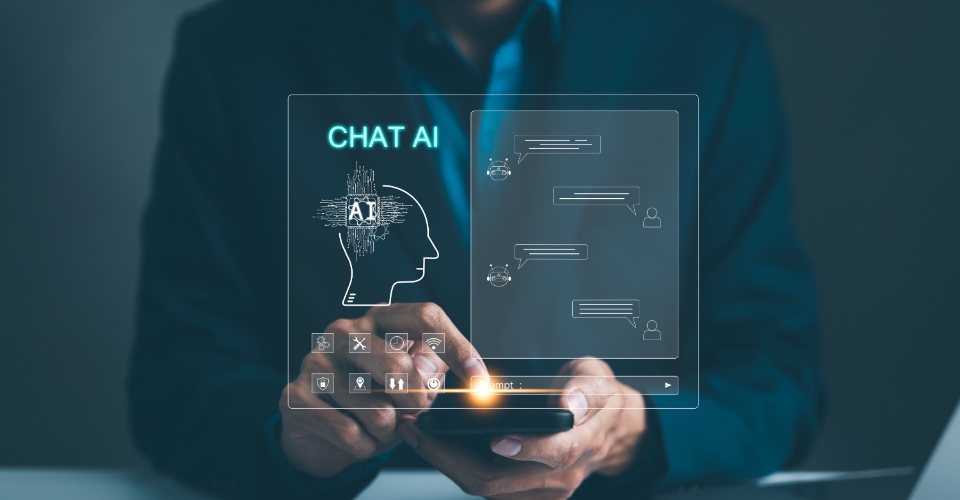

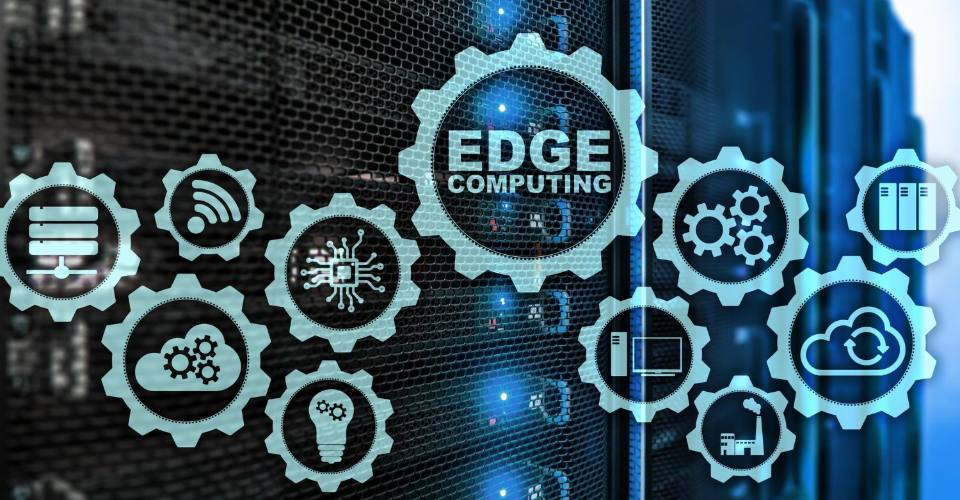
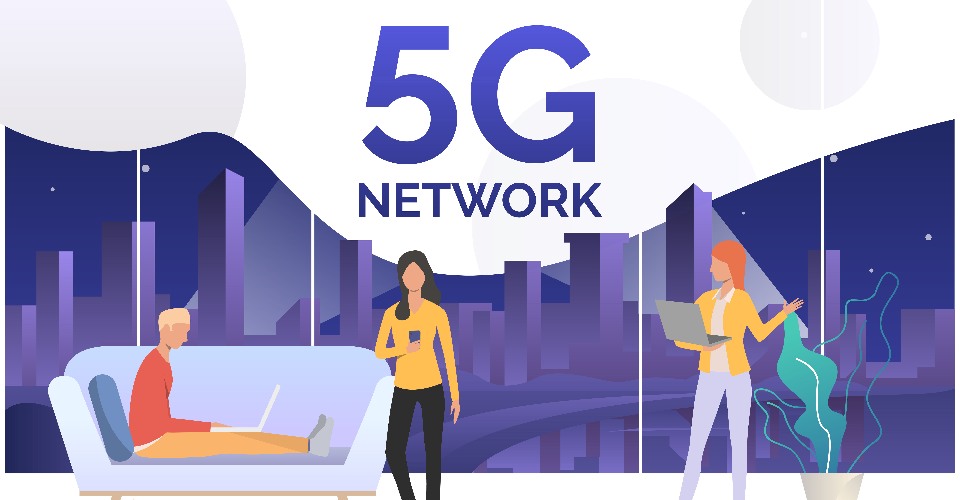
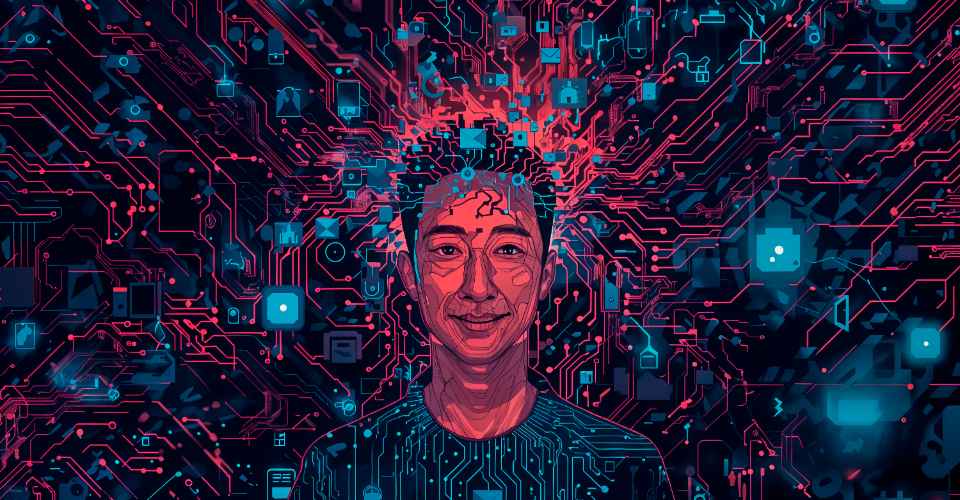



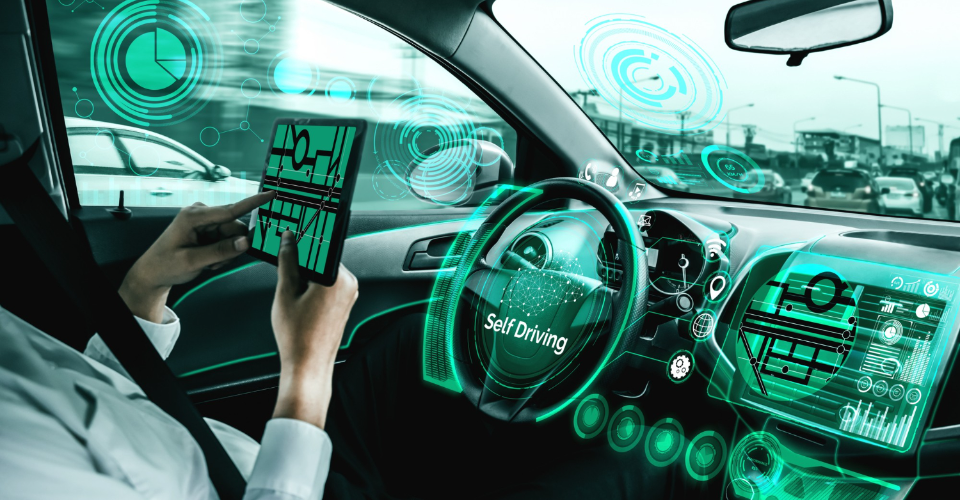




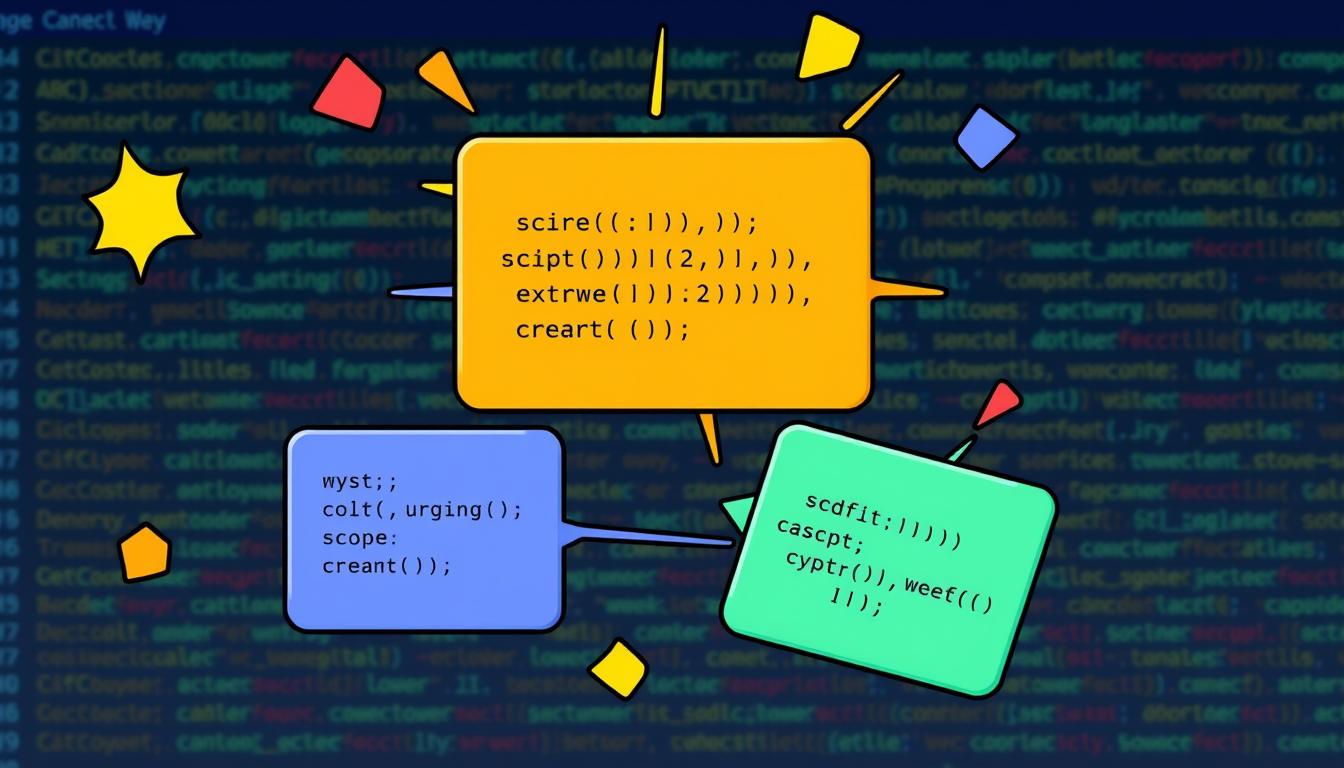
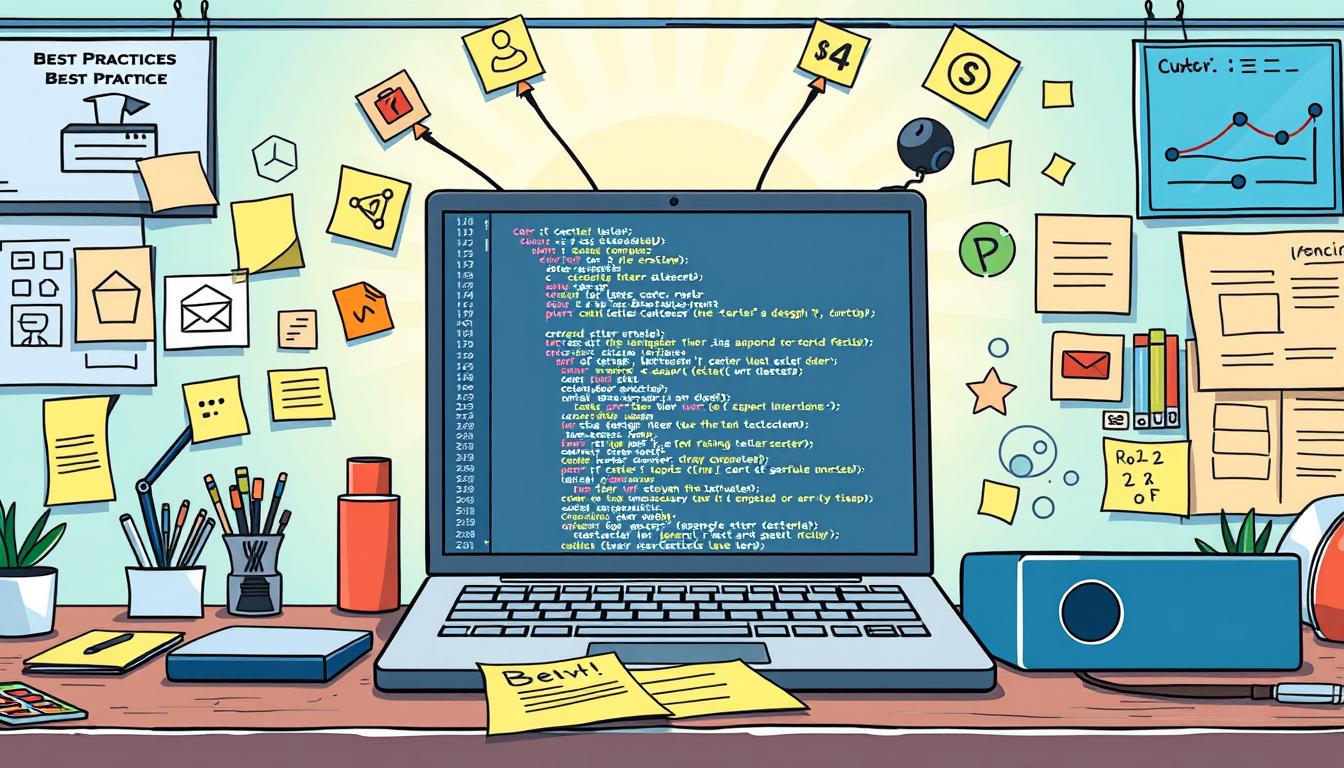
Leave a Reply